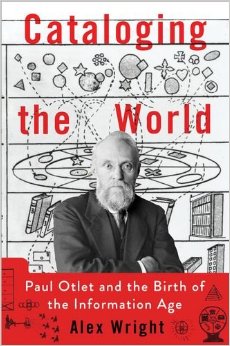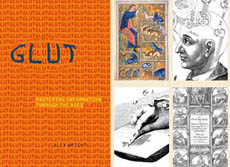Robert McKee
October 14, 2010
There's a Buddhist saying that the best way to make quick progress is to study with a wrathful teacher.
For the past four days, I have been sitting in the presence of the delightfully wrathful Robert McKee, the legendary writing teacher perhaps best-known as the inspiration for Charlie Kauffman's caricature in Adaptation.
In person, McKee seems to get a kick out of playing off his curmudgeonly reputation. A self-described "Stalinist" lecturer, he fines anyone $10 per cell phone ring or texting incident (he recently expelled the CEO of Icelandic TV from one of his seminars for texting in class once too often), chastising students who interrupt him, and peppering about every third sentence with a heartfelt profanity ("and if that offends you," he advises at the outset, "there's the fucking door").
Lesser teachers could never get away with this stuff, but for McKee all this bluster merely has the effect of focusing your attention as he delivers his lectures over four marathon 10-hour days, standing on stage against a black backdrop, no Powerpoint, barely any notes, just a microphone and a plastic coffee mug that he perpetually refills from a black plastic thermos.
It all makes for a hell of a performance. He's been teaching the same course for almost three decades now, and has clearly memorized just about every line. But his delivery never feels rote or formulaic - rather, it all feels like a perfectly rehearsed soliloquy.
His subject matter has been well-chronicled elsewhere, most fully in his 2000 book Story: Substance, Structure, Style and The Principles of Screenwriting. The class itself amounts to a step-by-step recapitulation of his book, laying out his well-developed theory of what makes for effective story-telling: the calculus of beats, scenes, sequences, and acts that make for compelling narrative. I won't attempt to summarize 30 hours worth of lectures here, but I will say that the popular image of McKee as a salesman for formulaic story-telling is entirely unfounded. He is an advocate of form, yes, but not formula. For a sense of the subject matter you can peruse the course outline here.
He makes his case with copious examples drawn primarily from twentieth century films. There must have been more than 100 different references, but here I will share just the ones that are making it into my Netflix cue: Tender Mercies, The Bostonians, Quartet, The Cabinet of Dr Caligari, John and Mary, Mrs Soffel, Ordinary People, In the Realm of the Senses, The In-Laws, The Lavender Hill Mob, Grand Illusion and Y Tu Mama Tambien.
The hands-down highlight of the class came on day four, when McKee took the class through a six hour, scene-by-scene screening of Casablanca, which he considers the apogee of cinematic story-telling. He knows every scene in minute detail, explicating the six interwoven sub-plots, the interlocking visual language systems, and the mythological themes that propel the story forward. In the end, he tied it all together with a piercing and moving final analysis that left half the audience in tears and everyone rising to give him a well-deserved standing ovation.
Here's looking at you, Bob.
Previously: Project: Interaction
Now available for pre-order:

Cataloging the World:
Paul Otlet and the Birth of the Information Age
by Alex Wright
A “shrewd, brisk biography.”
—Kirkus Reviews
GLUT:
Mastering Information Through the Ages
by Alex Wright
“A penetrating and highly entertaining meditation on the information age and its historical roots.”
—Los Angeles Times
